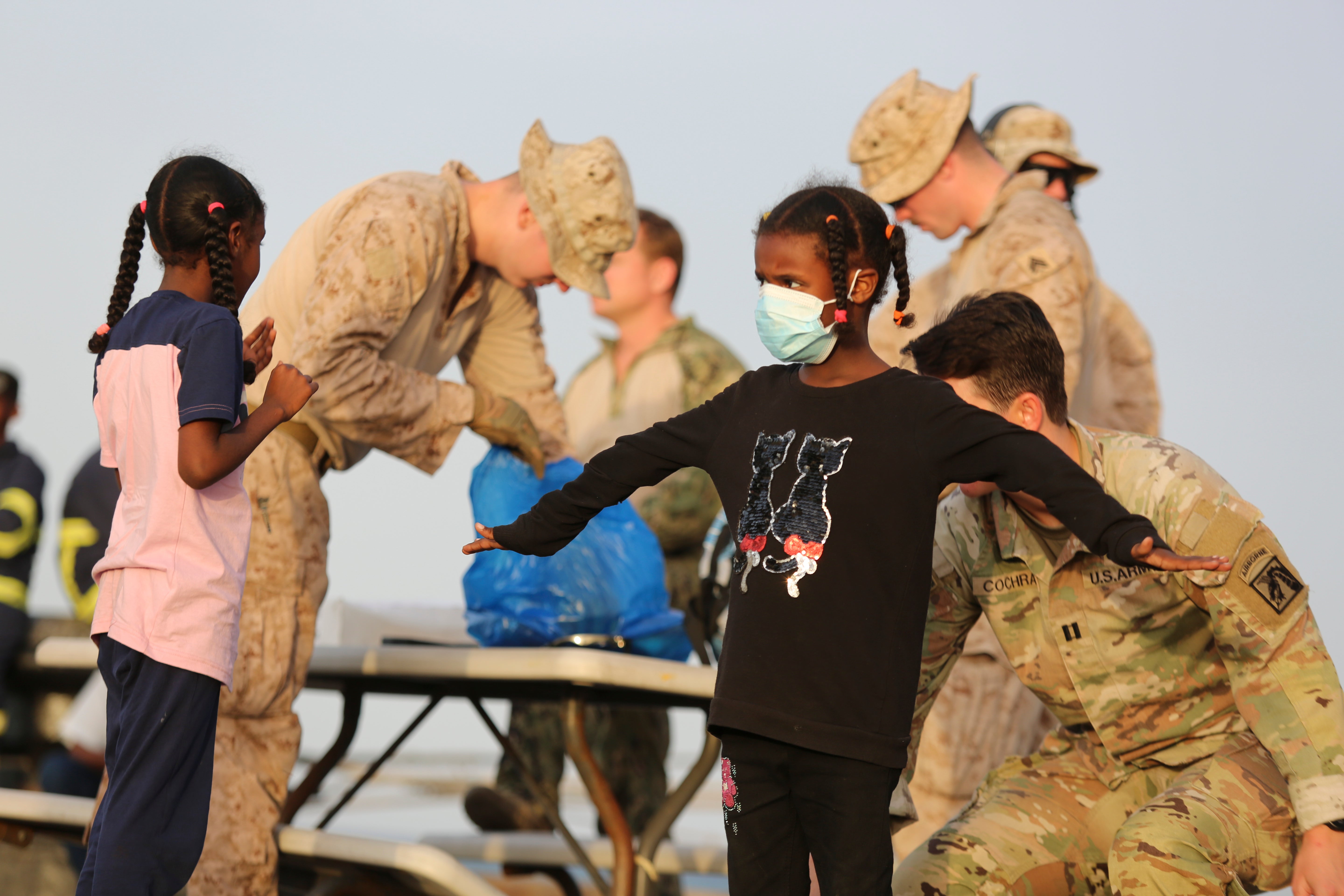The Sudan evacuation effort is not the end – it is barely the beginning
Editorial: Complex political crises rarely have straightforward solutions. They require long-term and often thankless commitment – and deep resolve

Less than two years ago, Britain and America did not see the Taliban’s arrival in Kabul coming, even though it was a journey of thousands of miles.
Months after evacuation efforts had abruptly ended, and with no legal routes for asylum seekers having been established, an Afghan soldier who had assisted the British army, and so had legitimate reason to fear for his own life, drowned in the Channel after boarding a small boat in an attempt to reach the UK.
In that context, it should be surprising that the situation in Sudan, just like events in Afghanistan in 2021, appears to have caught the government unawares. But nobody actually is surprised.
At the start of last week, NHS staff with British work permits, along with British nationals who were in Sudan to attend a wedding, had no idea how they would make it home.
A week later, government ministers are praising themselves for their efforts, having extricated 2,200 people in what they describe as the longest and most successful rescue mission carried out by any Western country.
It is, of course, easy to pontificate on chaotic and dangerous situations from a position of safety, thousands of miles away, but there are nevertheless aspects of the evacuation that are surprising.
It is unfortunate that the British ambassador was on holiday. Government sources have said he is “not psychic”, which is a highly unhelpful comment, given that the capacity to foresee future events and crises is one of the most important reasons for having a diplomatic service. And Sudan has been on the verge of complete crisis for quite some time. In those circumstances, the absence of a clearer plan for evacuation, ready to go at extremely short notice, is something that must be closely scrutinised.
The crises in Kabul and Khartoum are very different. The former, in very simple terms, came about precisely because America and the West indicated too strongly that they no longer had the resolve to fight to uphold the better society they had tried to make possible in Afghanistan. The Taliban stepped in because Nato had left. The abandonment of Afghan civilians to their fate, and especially Afghan women, is a moral outrage that we should not have been able to put out of mind as easily as we appear to have done.
Sudan is very different, though the risk is similar: that too much of a sense of “mission accomplished” has accompanied the evacuation. The longer countries spend in a state of chaos, the more chaotic things become, and the harder it is to broker any kind of return to stability.
It seems all but certain that Russian mercenaries from the Wagner Group have been operating in Sudan. Europe, the US and their allies are not short of lessons from the very recent past, and indeed the present, in the consequences of allowing rival countries to exert their influence while the West demonstrates its reluctance to do the same.
Complex political crises rarely have straightforward solutions. They require long-term and often thankless commitment – and deep resolve. Ministers deserve some praise for their eventual evacuation effort, but it is not the end. It is barely the beginning.



Join our commenting forum
Join thought-provoking conversations, follow other Independent readers and see their replies
Comments